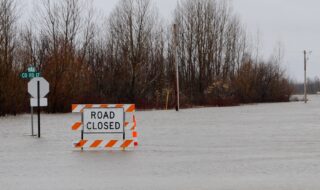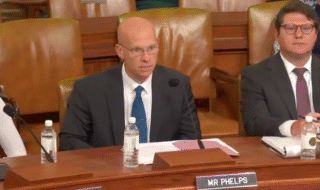Topics:
November 29, 2022
Hurricane Season Ends, but Small Businesses Should Still Prepare for Calamity
- Understand the risks. Your small business may be vulnerable to many types of disasters, such as flooding and wildfires. Make sure you are aware and protected as much as possible against the possible risks.
- Be sure you have adequate insurance. You need at least enough to rebuild your home and business. Review your policies to see what is—and isn’t—covered. Consider business interruption insurance, which helps cover operating costs during the post-disaster shutdown period. Get flood insurance.
- Take photographs and videos of your assets. Store them online if possible or in waterproof and fireproof containers kept in a safe place, such as a relative’s or friend’s home or business in another state.
- Have an emergency response plan. Determine your evacuation routes. Establish meeting places. Keep emergency phone numbers handy.
- Develop a communications plan. Designate someone to serve as a contact person for your employees, customers, and vendors. Phone and email in your area may be down following a natural disaster, so ask an out-of-state friend, colleague, or relative to serve as a post-disaster point of contact.
- Back up your business records. Make copies of any vital records and store them someplace safe. Use online backups for electronic data, and keep paper documents in a fireproof safe-deposit box.
- Create a disaster kit. Put a flashlight, a portable radio, extra batteries, a phone charger, first-aid supplies, non-perishable food, bottled water, a basic tool kit, plastic sheeting, and garbage bags in a bag or box someplace handy, in case of emergency. Encourage your employees to prepare disaster kits for themselves and their families.
State:
Get to know NFIB
NFIB is a member-driven organization advocating on behalf of small and independent businesses nationwide.
Related Articles

July 7, 2025
How to Navigate the Claims Process and Recover from Tropical De…
Here are some things to remember when it’s time to file an insurance claim.
Read More


July 1, 2025
ICYMI: NFIB Georgia Director On Why Congress Needs to Make the…
Congress is voting on the legislation that includes the measure this week.
Read More


June 30, 2025
What Happened in Phoenix for Arizona Small Business Owners Duri…
A look at the small business victories achieved during the 2025 Arizona Leg…
Read More


June 26, 2025
NFIB Virginia Members Testifies Before Congressional Subcommitt…
“Health coverage is not the same as health care.”
Read More







